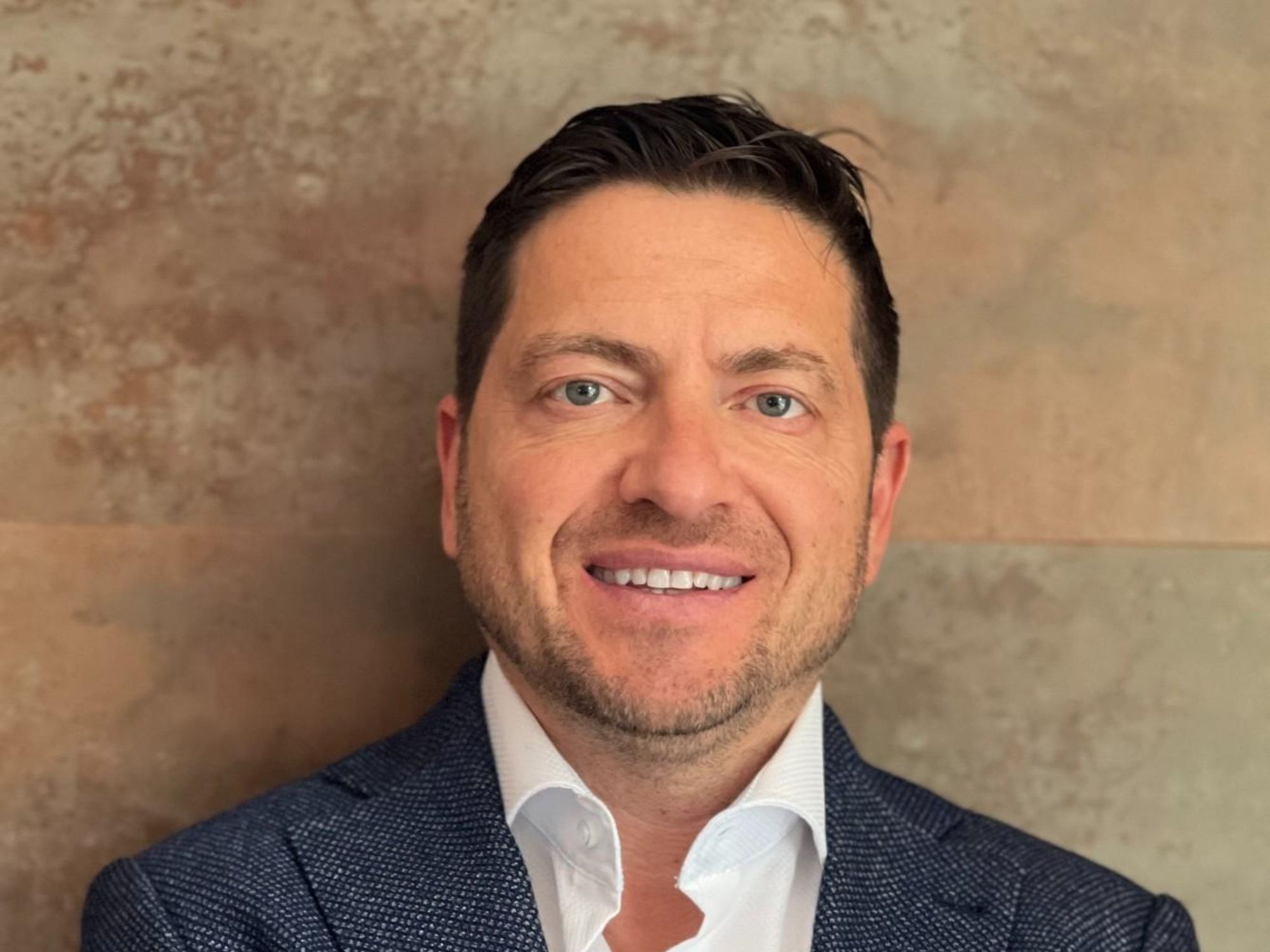Zoolatech’s Roman Kaplun on Running a Business In a War Zone
Spencer Rascoff serves as executive chairman of dot.LA. He is an entrepreneur and company leader who co-founded Zillow, Hotwire, dot.LA, Pacaso and Supernova, and who served as Zillow's CEO for a decade. During Spencer's time as CEO, Zillow won dozens of "best places to work" awards as it grew to over 4,500 employees, $3 billion in revenue, and $10 billion in market capitalization. Prior to Zillow, Spencer co-founded and was VP Corporate Development of Hotwire, which was sold to Expedia for $685 million in 2003. Through his startup studio and venture capital firm, 75 & Sunny, Spencer is an active angel investor in over 100 companies and is incubating several more.

Roman Kaplun left Ukraine two weeks before the war broke out. His business partner, Denis Rogov, was there to see the events unfold. Throughout it all, their software development company, Zoolatech, had employees based in Kyiv.
On this episode of Office Hours, Zoolatech CEO and co-founder Kaplun joined host Spencer Rascoff to discuss his journey from immigrant to launching his own company and how he manages a business during wartime.
Kaplun didn’t speak any English when his family relocated from Russia to San Francisco. After taking English classes and working as a dishwasher, he enrolled at California Maritime Academy, where he studied business and logistics. His brother eventually got him working at a tech company as a quality assurance (QA) engineer. From there, he worked his way up to lead Hotwire’s QA department.
After 16-plus years at Hotwire (which eventually sold to Expedia), Kaplun decided to strike out on his own. He credits an NPR segment for the shift.
“I don't remember who it was, but the lady who was on the program, she said, ‘When people start coming to you with advice about the work you do, it means it's, it's the time for you to start thinking about joining your consulting business or doing your own company.’
That advice lit the fuse. Shortly after, in 2017, Kaplun and his co-founder launched Zoolatech with the intent to provide software development for companies. The pair drew on their experience building software development teams in Eastern Europe and working with large companies in the U.S.
“We are solving a problem or shortage of talent in [the] U.S.,” he said. “Pretty much any company out there today, whether it's a technology-centric company, or its retail or airline—they have their own software that they need to build. And we just simply do not have enough engineers in this country.”
The company’s first two clients were Nordstrom and Credible, two massive U.S. companies that helped them grow rapidly. By 2020, Zoolatech had 450 employees, most based in Ukraine.
COVID helped the company grapple with how to carry on a company culture while working from home. Kaplun credits the pandemic for helping Zoolatech cope with the sudden need for large teams to work remotely.
“Because the majority of people were already working from home when the war started, most of them picked up and left west of Ukraine,” Kaplun said.
“The most amazing thing is that—with exception of maybe the first two, three weeks when the war started and productivity dropped—beyond that, we just kept going, we just kept providing service as we did for the war,” he added. “During this first month, people literally worked out of bomb shelters. They were literally coding in the bomb shelters. And if I tell them, ‘Hey, guys, just take care of yourself, this is not important,’ they’d say, ‘Well, that this is what keeps us going as well.”
Zoolatech provided financial assistance to workers who needed to relocate. The company had been expanding into Romania and Poland before the invasion. Those locations served as a corporate home for those leaving Kyiv.
Witnessing his employees interact virtually across multiple countries helped him realize that corporate culture within Zoolatech is deeper than company initiatives, he said.
“Just [the] amount of humility and kindness and activity and a desire to do the right thing—it was amazing to watch,” he said. “I was thinking that it's like, ‘Wow, this is where the culture is. It's not really in the office. It's about hiring the right people, training them right and the events like that showed the true colors.’”
Want to hear more episodes? Subscribe to Office Hours on Stitcher, Apple Podcasts, Spotify, iHeart Radio or wherever you get your podcasts.
dot.LA Editorial Intern Kristin Snyder contributed to this post.
- Office Hours: Virtual Reality Pioneer Philip Rosedale on the Future ... ›
- Office Hours: Rep. Derek Kilmer on How Social Media Influences ... ›
- Office Hours - dot.LA ›
- Blackstone's Jon Korngold Discusses Private Equity Strategy - dot.LA ›
- Zoolatech Turned the US Engineer Shortage Into Big Growth - dot.LA ›
- Zoolatech Turned the US Engineer Shortage Into Big Growth - dot.LA ›
- How Zoolatech's Tech Reimagined Giant Jewelry Chain - dot.LA ›
Spencer Rascoff serves as executive chairman of dot.LA. He is an entrepreneur and company leader who co-founded Zillow, Hotwire, dot.LA, Pacaso and Supernova, and who served as Zillow's CEO for a decade. During Spencer's time as CEO, Zillow won dozens of "best places to work" awards as it grew to over 4,500 employees, $3 billion in revenue, and $10 billion in market capitalization. Prior to Zillow, Spencer co-founded and was VP Corporate Development of Hotwire, which was sold to Expedia for $685 million in 2003. Through his startup studio and venture capital firm, 75 & Sunny, Spencer is an active angel investor in over 100 companies and is incubating several more.





 Image Source: Skyryse
Image Source: Skyryse